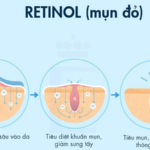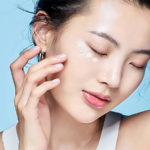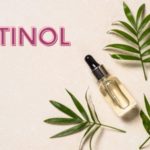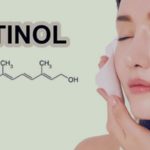Aging is an inevitable part of life, and our skin is no exception. However, the rate at which our skin ages can be positively influenced by our skincare habits and lifestyle choices. One popular solution is the use of cosmetics, especially those containing the following ingredients:
1. Hyaluronic Acid
Hyaluronic Acid (HA) is often referred to as the “moisture magnet” in the cosmetics industry due to its exceptional water-retaining properties, which help keep skin plump and elastic. Products containing HA, particularly serums and injectable fillers, are highly effective in filling in wrinkles and hollow areas, giving the skin a youthful and radiant appearance.
 Hyaluronic Acid
Hyaluronic Acid
2. Glycolic Acid
Glycolic Acid, an alpha-hydroxy acid (AHA) derived from sugar cane, is a common ingredient in skincare products, typically found in concentrations ranging from 5% to 20%.
Due to its effective exfoliating properties, glycolic acid helps remove old, dead skin cells and promotes the generation of new ones, fading dark spots, age spots, and improving uneven skin tone.
However, glycolic acid can increase sun sensitivity, so it’s essential to wear sunscreen during the day when using products containing this ingredient.
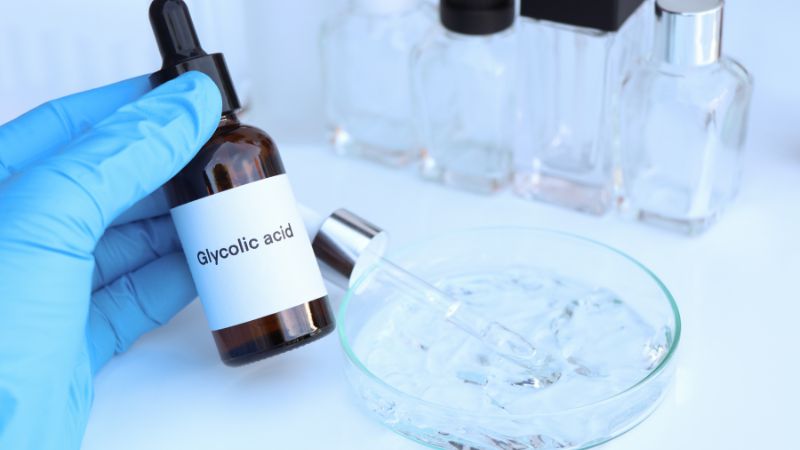 Glycolic Acid
Glycolic Acid
3. Niacinamide
Niacinamide, also known as vitamin B3, is a skincare ingredient with numerous benefits. By boosting the production of ceramides – an essential component of the skin’s protective barrier, niacinamide helps retain moisture, prevent water loss, and strengthen the skin effectively.
Additionally, niacinamide contributes to skin brightening, reducing dark spots, age spots, and uneven skin tone by inhibiting melanin production.
For optimal results, niacinamide should be used at a neutral pH level (around 5 to 7). Using products with extremely low or high pH levels can lead to niacinamide degradation and potential skin irritation.
 Niacinamide
Niacinamide
4. Retinol
Retinol, derived from vitamin A, plays a crucial role in stimulating collagen production and is essential for maintaining skin elasticity and firmness. By exfoliating the surface of the skin, retinol helps fight pigmentation, effectively moisturizes, and delivers smooth, plump skin.
Retinol is commonly found in various skincare products such as serums and moisturizers, with concentrations ranging from 0.25% to 1% or higher.
For those new to retinol, it’s recommended to start with lower concentrations (0.25% – 0.5%) to allow the skin to adjust. The concentration can then be gradually increased over time. It’s important to note that retinol should not be used in conjunction with products containing AHA or BHA, as this combination may irritate the skin.
 Retinol
Retinol
5. Ceramide
Ceramide is a natural lipid found in the skin, responsible for protecting and hydrating it. Comprising up to 50% of the skin’s cell membrane structure, ceramide is an essential component of the stratum corneum (the outermost layer of the skin), contributing to its smoothness and health.
Ceramide plays a vital role in retaining the skin’s moisture, ensuring softness and smoothness. By preventing water loss, ceramide protects the skin from dryness and flaking while maintaining the necessary moisture levels for skin health.
To enhance its moisturizing effects, ceramide is often combined with other hydrating ingredients such as Hyaluronic Acid, Cholesterol, and Niacinamide. This combination improves the skin’s ability to absorb and retain moisture, resulting in a radiant and supple complexion.
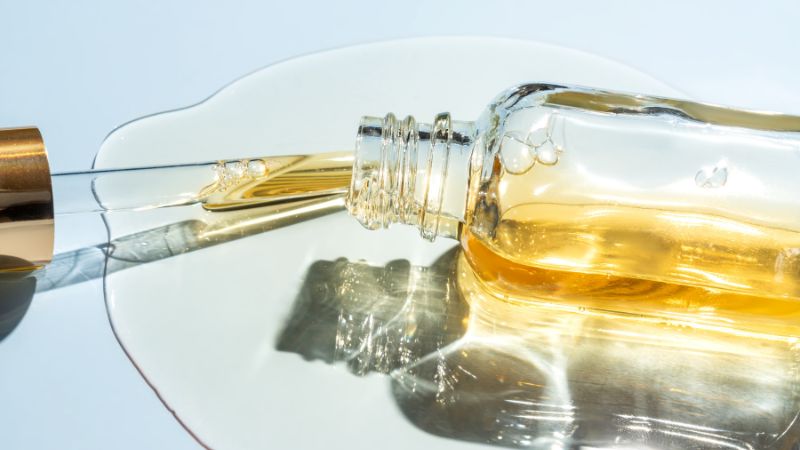 Ceramide
Ceramide
6. Peptides
Peptides, also known as polypeptides, are short chains of amino acids – the fundamental building blocks of proteins. In skincare, peptides are widely used for their remarkable benefits, especially in anti-aging treatments.
Peptides have the ability to stimulate collagen, elastin, and keratin production, contributing to skin elasticity, firmness, and smoothness. As a result, peptides help diminish wrinkles, improve skin elasticity, and effectively prevent signs of aging.
Peptides are often combined with other ingredients such as hyaluronic acid, vitamin C, and retinol to deliver a healthy and glowing complexion.
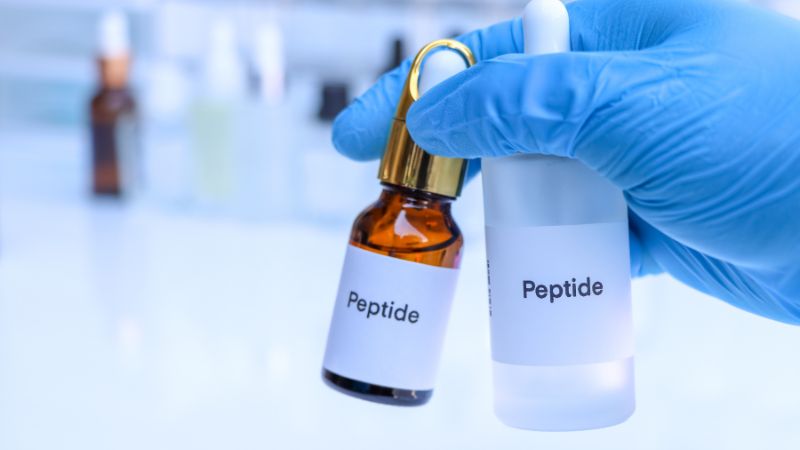 Peptides
Peptides
7. Vitamin C
Vitamin C, also known as ascorbic acid, is renowned for its powerful antioxidant properties in skincare. By combating free radicals, vitamin C offers numerous benefits to the skin, from brightening and evening out skin tone to effectively preventing aging.
Vitamin C products come in various concentrations, typically ranging from 5% to 20%. Beginners should opt for lower concentrations and gradually increase the percentage over time if their skin tolerates it well.
 Vitamin C
Vitamin C
Start incorporating these nutrients into your skincare routine today for healthy, radiant, and vibrant skin. Listen to your body and choose the right products to achieve the best results!
Source: Sức khỏe và Đời sống Newspaper
Exploring the Positive Impact of Niacin on Health
Vitamin B3, or Niacin, is an important part of the Vitamin B group that offers various health benefits. These include improved blood circulation and protection against arteriosclerosis. It can be found in many dietary sources, such as liver, chicken, salmon, mushrooms, bread, and potatoes, which all contain high amounts of Vitamin B3.
























